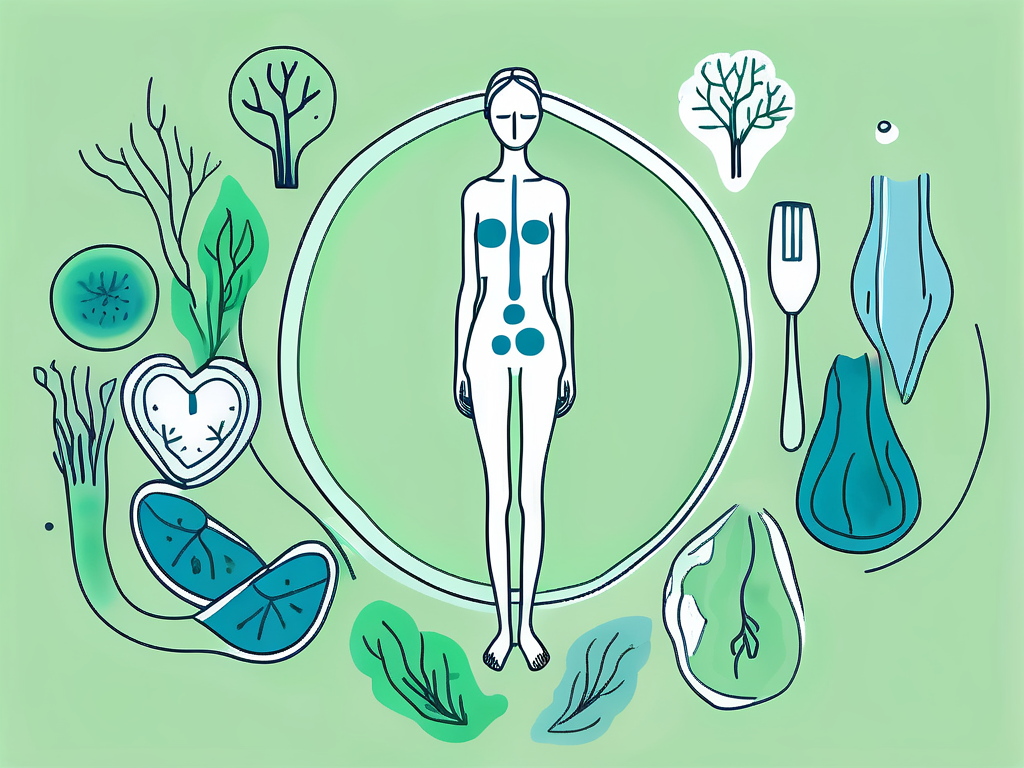Anorexia Nervosa is a serious and potentially life-threatening eating disorder characterized by self-starvation and excessive weight loss. The condition often stems from a distorted body image and an intense fear of gaining weight. This article aims to provide a comprehensive understanding of Anorexia Nervosa, its causes, symptoms, and effective treatment options.
Understanding Anorexia Nervosa
Anorexia Nervosa, commonly referred to as anorexia, is more than just a problem with food. It is a complex condition that springs from a mixture of long-standing behavioral, emotional, psychological, and social factors. Individuals with this disorder associate their self-worth with their body image and go to extreme lengths to maintain a low body weight.
It is a widely misunderstood condition often oversimplified as a vanity-driven obsession with thinness. However, the reality is far more complicated. Anorexia is a severe psychiatric disorder with potentially fatal consequences. It is also important to note that it can affect anyone, regardless of gender, age, race, or socio-economic status.
Causes of Anorexia Nervosa
Biological Factors
Research suggests that a combination of genetic, biochemical, and metabolic factors may contribute to the development of anorexia. Some people may have a genetic predisposition to anxiety, perfectionism, and rigidity, all of which are associated with anorexia. Studies also indicate a potential link between anorexia and serotonin, a neurotransmitter involved in depression.
Psychological Factors
Individuals with anorexia often have a negative self-image and a fear of becoming fat. They may suffer from low self-esteem, anxiety, and depression. Many use their control over food and weight as a way to cope with these feelings. Anorexia is also more common among those who have experienced trauma or abuse.
Sociocultural Factors
Societal pressures and cultural norms that glorify thinness and equate it with beauty can contribute to the onset of anorexia. The media’s portrayal of thinness as an ideal standard of beauty can fuel body dissatisfaction, particularly among young people.
Symptoms of Anorexia Nervosa
Anorexia Nervosa manifests through a variety of physical, emotional, and behavioral symptoms. It is crucial to recognize these signs early to seek timely intervention.

Physical Symptoms
Physical signs of anorexia include extreme weight loss, thin appearance, abnormal blood counts, fatigue, insomnia, dizziness or fainting, bluish discoloration of the fingers, hair that thins, breaks or falls out, and absence of menstruation.
Emotional and Behavioral Symptoms
Emotionally, individuals with anorexia may exhibit behaviors such as a preoccupation with dieting, fear of gaining weight, denial of hunger, refusal to eat, flat mood, social withdrawal, and reduced interest in sex. They may also engage in behavior such as frequent checking in the mirror for perceived flaws, complaining about being fat, and wearing multiple layers of clothing to hide weight loss.
Effective Treatment Options for Anorexia Nervosa
Treatment for anorexia involves a comprehensive approach that includes medical, nutritional, and psychological therapies. The primary goal is to restore the individual to a healthy weight, treat any psychological issues related to the eating disorder, and reduce or eliminate behaviors or thoughts that lead to insufficient eating and preventing relapse.
Medical Treatment
Medical treatment is necessary to address the severe malnutrition that people with anorexia often experience. This may involve hospitalization to stabilize weight and monitor vital signs. Medications may also be used to treat associated mental health conditions like anxiety and depression.
Nutritional Therapy
A registered dietitian can provide guidance on healthy eating patterns and dietary planning. Nutritional therapy aims to restore a healthy weight, normalize eating patterns, and correct nutritional deficiencies.
Psychotherapy
Psychotherapy, or talk therapy, is a crucial part of anorexia treatment. Cognitive Behavioral Therapy (CBT) can help individuals with anorexia understand the thoughts and feelings that influence their behaviors. Family-based therapy is also effective, especially for adolescents with anorexia.
It is important to remember that recovery from anorexia is possible, and early intervention can significantly improve outcomes. If you or someone you know is struggling with anorexia, seek professional help immediately. Remember, it’s never too early or too late to seek help.
If you or a loved one is navigating the challenges of Anorexia Nervosa, ViaMar Health is here to support you on your journey to recovery. Our compassionate team of experts offers personalized, evidence-based treatment tailored to your unique needs, including co-occurring mental health conditions. With a range of programs from residential to intensive outpatient care, we are committed to providing the individualized support necessary for each step of the way. Don’t hesitate to take the first step towards a healthier future. Speak with an Admission Specialist today to start your voyage to recovery with ViaMar Health.




